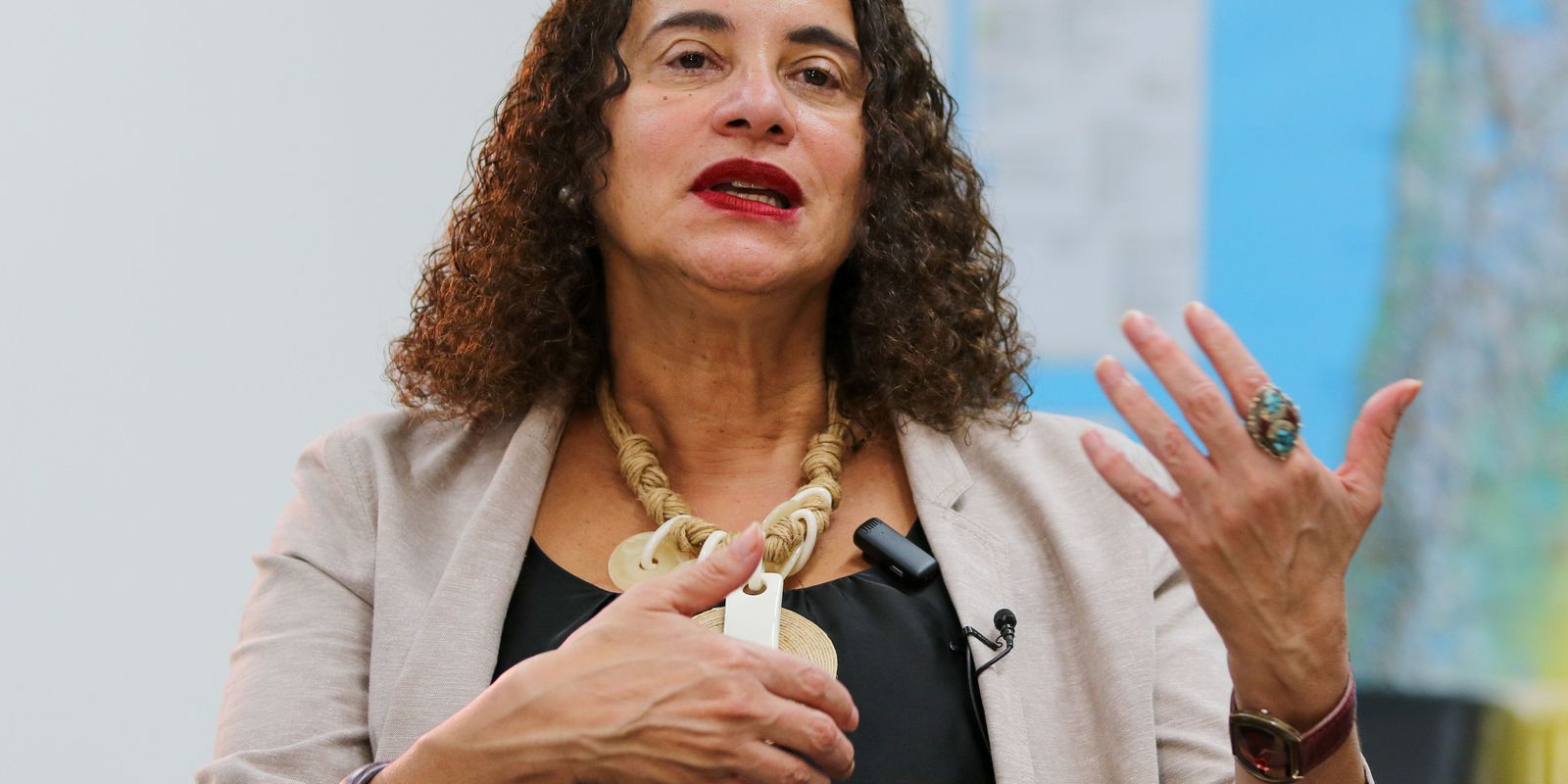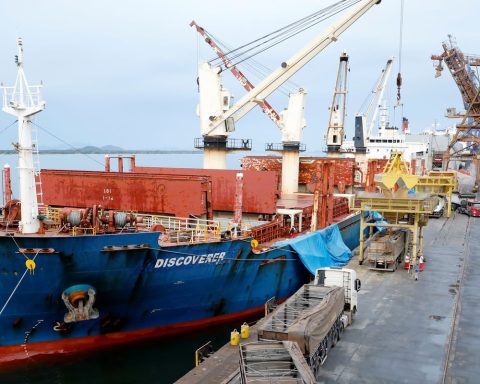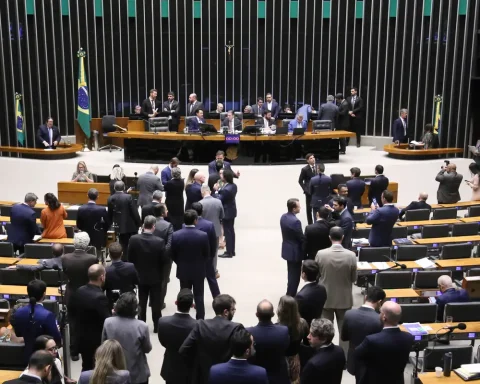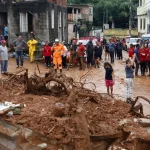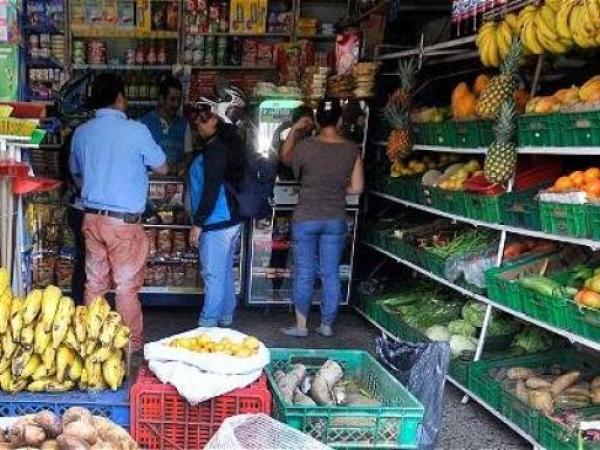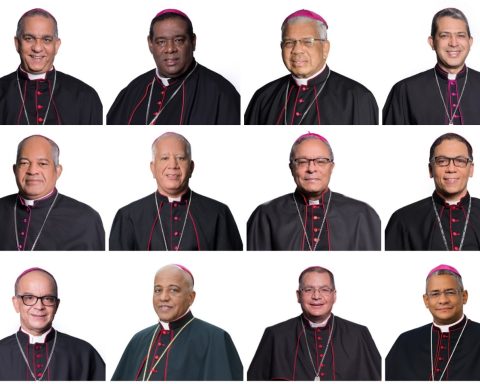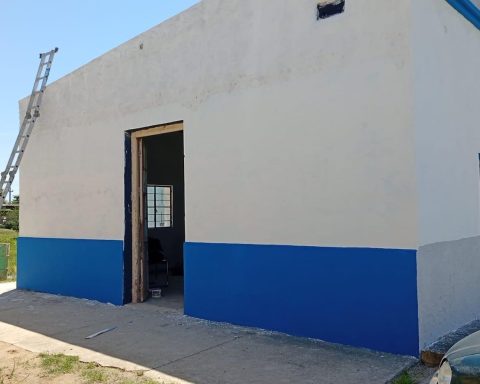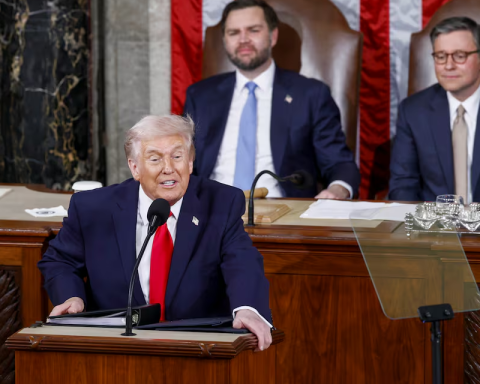The Minister of Science, Technology and Innovation (MCTI), Luciana Santos, said today, in Rio de Janeiro, that the challenge is immense in her area and Brazil is not “for amateurs”. For her, the country has natural vocations that are difficult to compare with other parts of the world and a people who, despite the inequalities and prejudices that still exist, are capable of moving forward to transform such adverse realities. She highlighted that universities and public research institutions are responsible for around 90% of the studies carried out in Brazil and this needs to be valued.
“Our government does not consider universities to be messy spaces, on the contrary, Science is back in Brazil”, he said during the inaugural lecture, at the reception ceremony for new students at the Alberto Luiz Coimbra Institute for Graduate Studies and Engineering Research ( Coppe), from the Federal University of Rio de Janeiro (UFRJ), this Monday, in Cidade Universitária, Ilha do Fundão, north of Rio.
“We do not want to disqualify the Brazilian scientific base. Our scientific base must not [nada] nowhere in the world. She is robust. It’s powerful. This is in the consistency of our numbers. We are the country that ranks 13th in the publication of papers [papéis], which are scientific studies proven to be consistent for solutions from different areas of knowledge. That’s why we want to rescue this national pride”, he added.
Human Resources
The minister also highlighted the importance of Coppe in training qualified professionals. “As the first female Minister of Science, Technology and Innovation, I remember that Brazil urgently needs to increase its capacity to train highly qualified human resources in order to overcome obstacles to its development. Therefore, I want to highlight the fundamental role that Coppe plays in the training of professors, male and female researchers in its 13 postgraduate programs, most of which are recognized with the maximum score from Capes [Coordenação de Aperfeiçoamento de Pessoal de Nível Superior]”, he added.
For the minister, the readjustment of scholarships from Capes and the National Council for Scientific and Technological Development [CNPq] it is the beginning of the resumption of investment in research, which, he said, corrected a lag of 10 years.
“We made a readjustment from 40% to 200%, from 200% were the junior initiation scholarships, so this is encouraging, not least because a good part of our national Science and Technology system depends a lot on the work of scholarship holders. It was a good start that revealed President Lula’s political will to take care of Science”, he said in an interview after the inaugural class.
Industry
Still in the lecture, Luciana Santos defended an intersection of her portfolio with the Ministry of Development, Industry, Commerce and Services to promote the reindustrialization of the country that results in the resumption of activities.
She pointed out the energy transition, the digital transformation and the gap in inequalities – due to the digitization process – as some of the points that can be worked on together.
“The participation of industry in the Brazilian Gross Domestic Product (GDP) has already reached levels of 35% of our GDP. Not necessarily to return to this level, but we need, in fact, to produce in these more dynamic chains of the global economy”, he said.
The minister also recalled that the country is facing evasion to other countries of talent trained in postgraduate and master’s degrees in research. She proposed the creation of a search committee to verify the possibility of retaining and even returning people with postgraduate and master’s degrees. “This is a phenomenon that we are going to face,” she said.
Another outstanding measure was the announcement that allocates BRL 100 million in three installments, one of BRL 20 million and the other of BRL 40 million, to be launched by CNPq for projects that encourage the entry and training of women in the Exact Sciences , Engineering and Computing.
“Today, women have 60% participation in scientific initiation grants, but only 35% in productivity grants. With this public notice, we hope to advance equity and also fight evasion in these areas, because women often have to face many barriers”, she opined.
The ceremony was opened by Coppe’s director, professor Romildo Toledo, with a welcome to new students and a presentation of the institution by the deputy director of Academic Affairs, professor Marcello Campos. Coppe’s deputy director, professor Suzana Kahn, presented the trajectory of Luciana Santos, who then gave the opening lecture.
An electrical engineer, the minister graduated from the Federal University of Pernambuco (UFPE). She chaired the Pernambuco Institute of Weights and Measures (IPEM), was a state deputy, mayor of Olinda, state secretary for Science, Technology and the Environment, federal deputy and vice-governor of Pernambuco, as well as national president of the Communist Party of Brazil (PCdoB).
copy
Coppe/UFRJ, which turns 60 this month, is the largest engineering teaching and research center in Latin America. “In its more than 100 modern laboratories, researchers develop cutting-edge studies and projects that provide significant contributions to the country in different engineering segments. Many of these projects resulted in an intense process of university-company interaction, of which Coppe was a pioneer in Brazil”, informed the institution.
